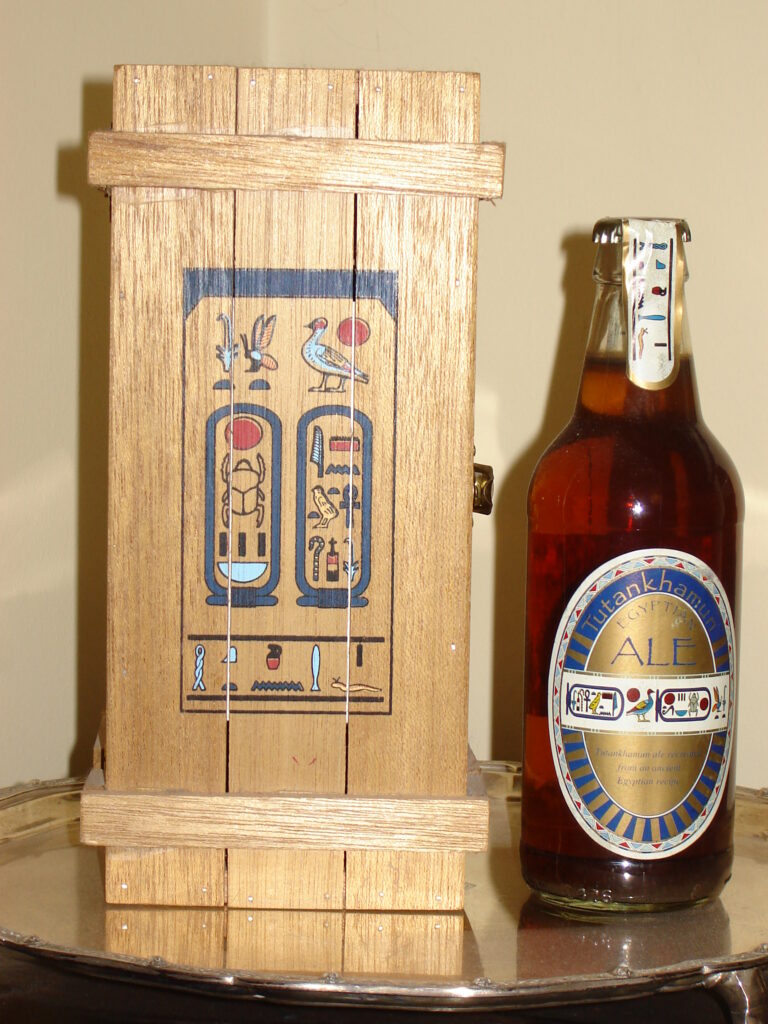
Despite the reputation that Sunday has garnered of a relaxing day in which to become closer to god and your favorite NFL team, I find it a relatively unpleasant day. Unless there’s a holiday on Monday, the weekend is ending. The absolute joy of Friday and the quietude of Saturday are gone and what is left is a day in which the whole week is looking you in the face and saying: ‘well?”
Some people can fully appreciate a Sunday. They can drain every drop from it, going out on day trips and coming back late in the evening, maybe even after midnight. But I don’t understand these people, as they are either psychopaths or Czechs, and are the same people who have a whole national sport revolving around locating mushrooms in the woods, bringing them into their homes, cooking them, and then eating them. Psychopaths.
So I spend most of my day working. If for no other reason than to make Monday somewhat tolerable and Tuesday manageable. As I veer towards a conclusion of my work, the perennial question is called forth: to drink or not to drink. Oh, it’s so tempting. Just a beer to end the weekend. As I have the willpower of a shoe, I know that one will lead to two and two will lead to me shouting at the football (gridiron, not the sissy kicky game going on in Qatar) game on TV. Alas, for this, I go to history.
I find that history not only allows a glimpse into the life of people in the past, but that their lives often included alcohol. The Romans feasted at the drop of a laurel wreath, the Celts drank mead and beer for community fun and to stave off the anxiety of a dark forest. Winston Churchill started out his day with brandy and moved on to gin, champagne, whiskey, and beer throughout…and he won World War II. If you want a drink and you’re on the fence about it, read about the past and keep a bottle opener nearby.
Today, I am reading about alcohol in Ancient Egypt. This is for my Hammered History substack. It’s said that beer was discovered after the agricultural revolution in about 10,000 BC. Among the resources, I find that beer and wine were prevalent in Ancient Egypt. Wine was for people of status. Beer was used for payment, laborers, commoners. The laborers who built the pyramids were paid in part with beer, about 10 pints a day. The goddess of love, dance, and sex, Hathor, was also called the lady of drunkenness. The Egyptians had creation myths about beer. Egyptian brewers made remarkably crisp, delicious beer without the aid of modern wheat or thermostats. Instead they used a grandfather of modern wheat called emmer and a two stage brewing process. This left them with an alcohol of about 4% which they drank through clay straws. If they wanted something stronger, there was a Nubian wheat beer that came in at 8.2% alcohol (leave it to the Nubians to do the trick).
I inch towards my fridge, but I’m not sold yet. I read on to find that drinking to excess was not frowned upon and boozing hard with friends and neighbors was encouraged. The upper crust had banquets in which wine and beer were bottomless and were enjoyed more by accompanying it with naked women dancing. Religious festivals were celebrated with beer and wine and no doubt Ancient Egyptians shook their heads and looked around and wished for someone to figure out the distillation process so they could have a shot or two.
When the tomb of King tut was opened in 1922, among the many artefacts found in the tomb was jugs of wine. These were meant to help the boy king in his journey to the afterlife. And so, today, it will help me on my journey from weekend to weekday. The gods have thus spoken.
